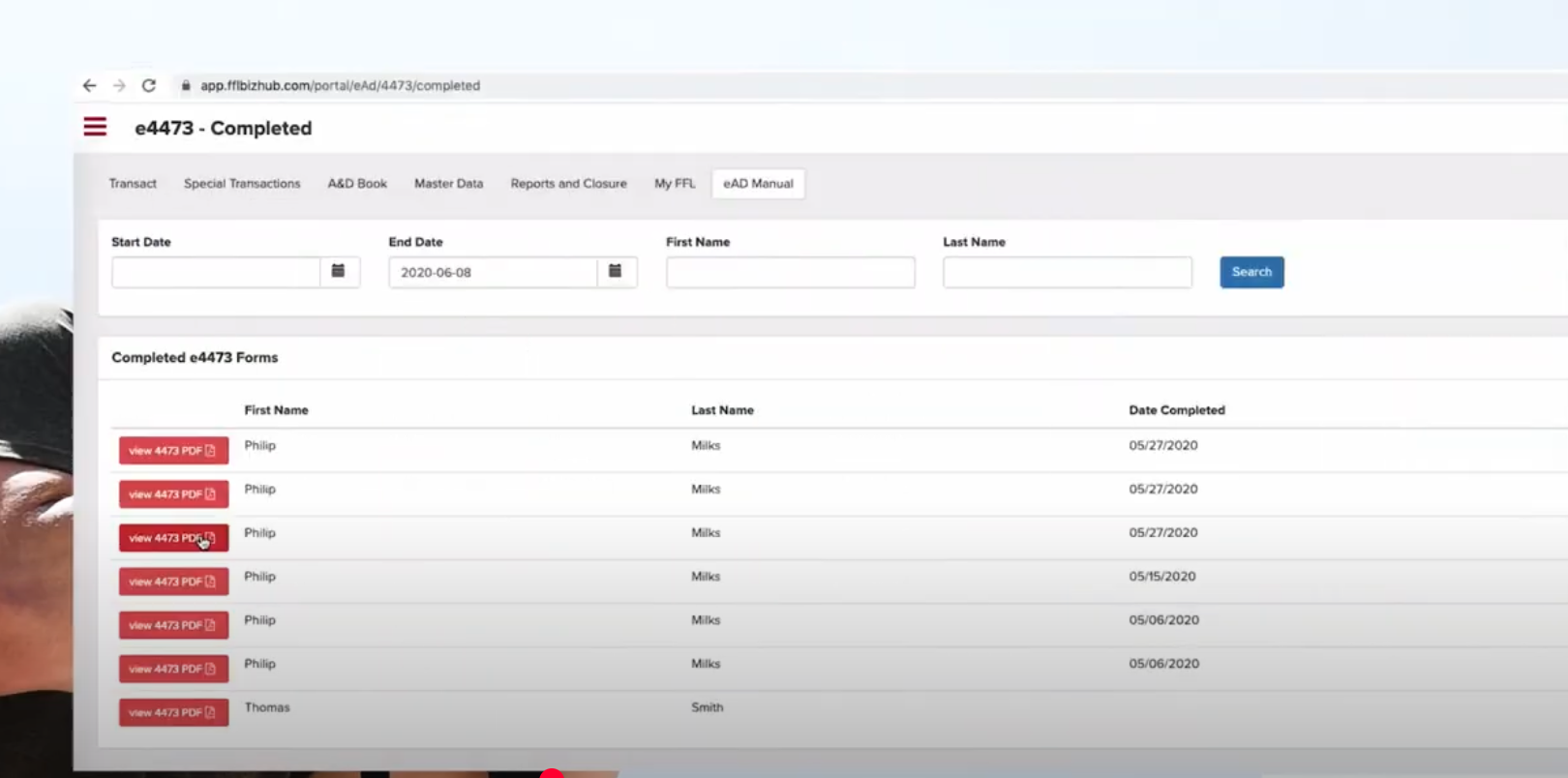What Is an Air-Gapped Recordkeeping System—and Does Your FFL Need One?
In the firearms industry, compliance isn't just a matter of paperwork—it's the backbone of your entire operation. Whether you're manufacturing rifles...

For Federal Firearms Licensees (FFLs), maintaining accurate records is not just a matter of good business practice but a legal requirement. At the core of these recordkeeping obligations is the Acquisition and Disposition Record, commonly known as the bound book. Traditionally, this has been a physical book where all transactions involving firearms are meticulously recorded. However, with technological advancements, electronic bound books (eBound) are revolutionizing how FFLs manage their records. This blog post explores the benefits and requirements of using eBound books, highlighting how they differ from traditional paper records and offering best practices for maintaining accurate and secure electronic records.
ATF Compliance Standards for eBound Books
The Bureau of Alcohol, Tobacco, Firearms, and Explosives (ATF) has stringent requirements for maintaining bound books, whether they are paper-based or electronic. For eBound books, the ATF mandates that all required information must be preserved and retrievable by serial number, acquisition date, and disposition date. Additionally, these records must be printable for ATF inspections, include backup procedures to prevent data loss, and be secure from unauthorized access or manipulation. The electronic system must create a permanent record that cannot be altered without detection.
Compliance with these standards ensures that FFLs can account for every firearm that enters and leaves their possession, aiding law enforcement in criminal investigations and demonstrating a commitment to responsible firearms commerce.
Benefits of Switching to eBound Books
Switching to eBound books offers numerous advantages over traditional paper records. One of the most significant benefits is the reduction in physical damage or loss risk. Paper records can be easily damaged by fire, water, or other environmental factors, while electronic records are more resilient when proper backup procedures are in place.
Another advantage is the improved search capabilities. With eBound books, finding specific firearms is much quicker and more efficient, thanks to advanced search functions. This is particularly beneficial during ATF inspections or internal audits.
Moreover, eBound books integrate seamlessly with point-of-sale and inventory management systems, streamlining the entire record-keeping process. Automated backup capabilities and reduced risk of clerical errors through automation further enhance the efficiency and reliability of eBound books.
While both electronic and traditional paper records serve the same fundamental purpose, there are key differences between the two. Traditional paper records require manual entries, which can be time-consuming and prone to human error. In contrast, eBound books automate many aspects of record-keeping, reducing the likelihood of mistakes and ensuring more accurate records.
Paper records also require physical storage space, which can become cumbersome and difficult to manage as records accumulate over the years. eBound books, on the other hand, are stored digitally, saving space and making it easier to organize and access records.
Despite these advantages, it's essential to recognize that eBound books require robust cybersecurity measures to protect sensitive information from unauthorized access or manipulation. Ensuring compliance with ATF standards and implementing best practices for electronic record-keeping are crucial for maintaining secure and accurate eBound books.
Security is paramount when it comes to maintaining eBound books. Implementing a secure electronic record system involves several critical steps:
By prioritizing security and compliance, FFLs can safeguard their electronic records and maintain the integrity of their eBound books.
As technology continues to evolve, so too will the methods and tools used for firearms record-keeping. Future trends in eBound books are likely to include advancements in automation, artificial intelligence, and blockchain technology. These innovations have the potential to further streamline record-keeping processes, enhance security, and improve the accuracy and reliability of eBound books.
For example, artificial intelligence could be used to automate more complex record-keeping tasks, reducing the burden on staff and minimizing the risk of errors. Blockchain technology could provide an immutable and transparent ledger for recording firearm transactions, further enhancing security and traceability.
By staying informed about these emerging trends and adopting new technologies as they become available, FFLs can continue to improve their record-keeping practices and maintain compliance with ATF regulations.
In conclusion, electronic bound books are transforming how Federal Firearms Licensees manage their records. By understanding the benefits and requirements of eBound books, implementing best practices, and staying informed about future trends, FFLs can ensure accurate, secure, and compliant record-keeping.

In the firearms industry, compliance isn't just a matter of paperwork—it's the backbone of your entire operation. Whether you're manufacturing rifles...

If you're a firearms manufacturer, distributor, or retailer, you already know that compliance isn't optional—it’s mission-critical. One of the most...

It’s Monday morning. You’re finishing your coffee when you see an email from your IT team: